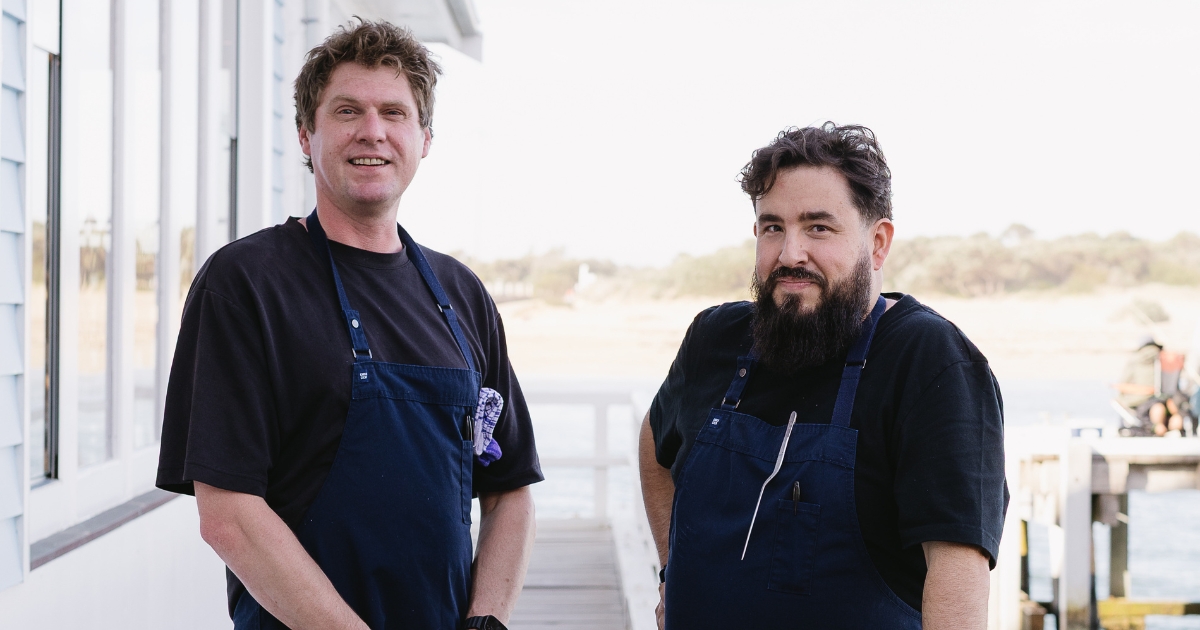Study shows the extent of period poverty in Australia

The study is the world's largest on menstruation and the second undertaken by the charity whose work advocates for menstrual equity across the nation. Photo: FACEBOOK/SHARE THE DIGNITY
About three in five, or 64 per cent, of Australians have struggled to afford basic menstruation products, with nearly one in five resorting to using tea towels, tote bags or even socks as cost-saving alternatives, a national survey has found.
Conducted by charity Share the Dignity in partnership with Swinburne University of Technology, the Bloody Big Survey was undertaken between March and May of this year and received more than 150,000 responses.
The study is the world’s largest on menstruation and the second undertaken by the charity whose work advocates for menstrual equity across the nation.
It found the current high cost of living is escalating instances of period poverty across the country, with those living with a disability, located in rural areas, experiencing family and domestic violence, homelessness and unemployment most affected.
Period poverty refers to the lack of access to menstrual products, hygiene facilities, waste management and menstrual education.
Gender diverse and First Nations people are also disproportionately impacted by period poverty, with 83 per cent of respondents in both cohorts reporting difficulties in buying period products.
In every state and territory, at least 60 per cent of all respondents said they found it difficult to afford period products, with at least 24 per cent indicating they had worn a tampon or pad for longer than four hours because they didn’t have enough menstruation products available.
To avoid infection and possible illness, medical experts recommend disposable menstrual products be changed every four to eight hours.
Approximately one in two respondents also reported missing work due to their period, which the study estimates costs Australian businesses $9.6 billion per year.
Share the Dignity founder Rochelle Courtenay said the results of the survey would allow the charity to track rates of period poverty, identify areas of need, measure improvements made and continue its work advocating for menstrual equality.
“Data from the Bloody Big Survey is so important to us because it means that we can take a targeted and evidence-based approach to helping all Australians who menstruate.”
She said unlike the first Bloody Big Survey, conducted in 2021, this year the charity asked respondents for their postcodes so that it was possible to track which areas of the nation are “doing it the hardest”.
“Our next step is to contact every individual council with relevant data to show them the prevalence of period poverty in their local community,” Ms Courtenay said.
“We will then be able to show the difference that has been made when we conduct our survey again in three years’ time.”

















